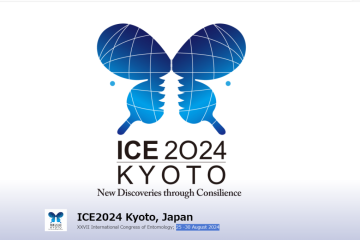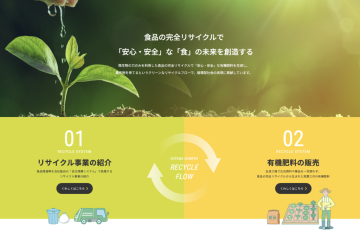A paper resulting from collaborative research between our laboratory and Kyoto Prefecture has been published in the scientific journal “Scientific Reports.”
This research shows the contribution of red insect-proof nets to sustainable agricultural production.
URL: https://www.nature.com/articles/s41598-024-52108-1
<abstract>
Advanced methods for insect nets: red-colored nets contribute to sustainable agriculture
Development of advanced pest control methods that do not rely on insecticides is an important issue for sustainable agriculture. Particularly with regards to micro pests that are not only highly resistant to various insecticides but also because we are running out of options for which insecticide to use against them, resulting in enormous economic damage worldwide. Here we report that the effectiveness of the conventional insect net can be greatly advanced by changing their color to red that helps significantly reduce pesticide use. We demonstrate the red effect using Onion thrips, Thrips tabaci a main vector of Iris Yellow Spot Virus (IYSV) and Tomato Spotted Wilt Virus (TSWV) that cause serious damage to various vegetables. New red nets succeeded in suppressing the invasion rates and damages (white spots on the leaves) in a Welsh onion greenhouse with minimum use of pesticides. We discuss how red nets are compatible with labor-saving, sustainable agriculture and the future potential of “optical pest control” based on insect color vision and its behavioral response.


-360x240.png)
0件のコメント